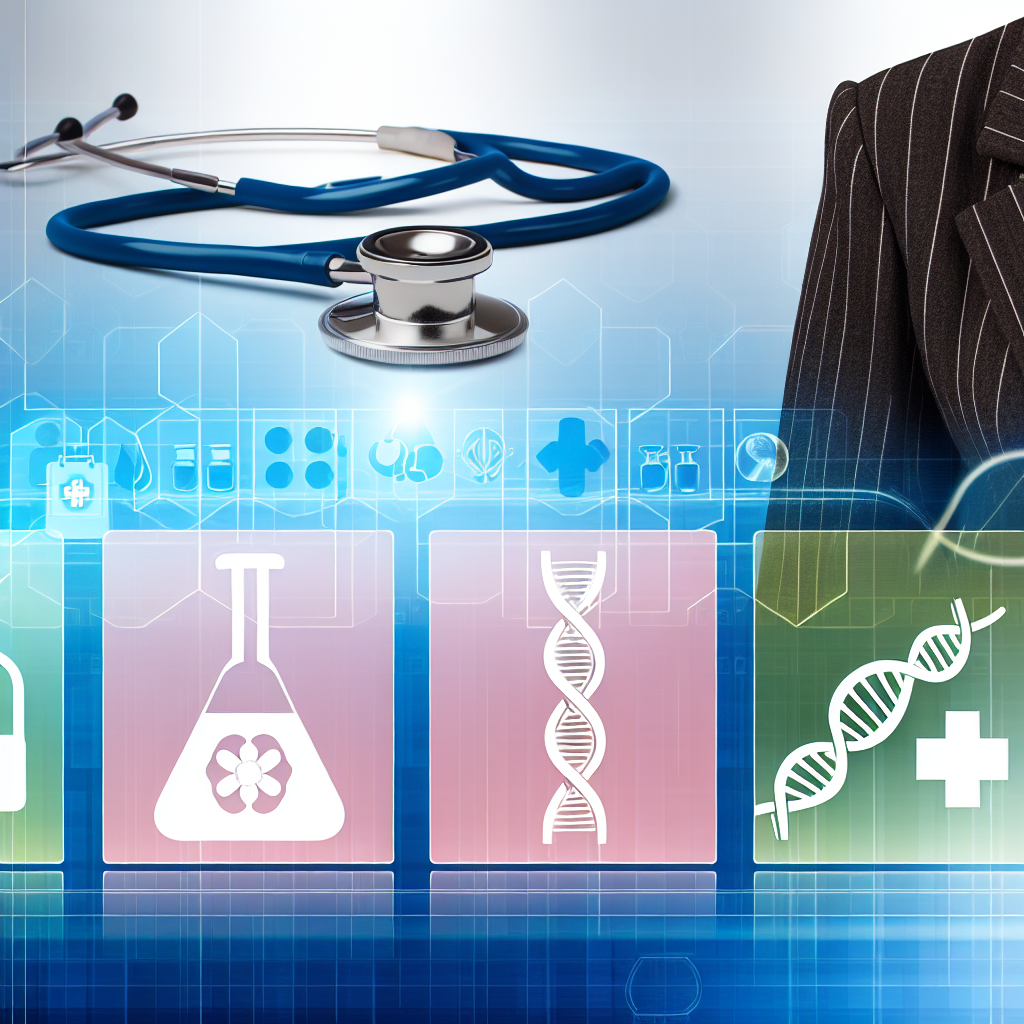
Bioethics: Moral Issues in Healthcare and Biotechnology
Introduction to Bioethics in Healthcare and Biotechnology
Bioethics is an interdisciplinary field that grapples with the moral dimensions of healthcare, biotechnology, and life sciences. As advancements in medical technology and biotechnology accelerate, ethical dilemmas arise that demand our attention. Issues such as genetic engineering, organ transplantation, and end-of-life care challenge our moral compass and raise questions about the appropriate boundaries of medical intervention. This article delves into the critical moral issues in healthcare and biotechnology, providing insights that are essential for professionals and stakeholders navigating this complex landscape.
The Importance of Bioethics
Healthcare and biotechnology are fundamentally about enhancing human well-being. However, the responsibilities that come with these fields require rigorous ethical considerations. Ethical frameworks help ensure that the rights of individuals are protected while promoting social good. Here are some key reasons why bioethics matters:
- Patient Autonomy: Respecting the rights of patients to make informed decisions about their healthcare is paramount.
- Access and Equity: Ethical frameworks guide equitable access to medical services and biotechnological advancements, minimizing disparities.
- Research Integrity: Ensuring ethical standards in biomedical research prevents exploitation and promotes public trust.
- Sustainable Innovation: Ethical considerations are vital for fostering trustworthy relationships between innovators, regulators, and society.
Moral Issues in Healthcare
Informed Consent
Informed consent is a cornerstone of medical ethics. Patients should be fully aware of the nature of their treatment, the benefits, risks, and alternatives before agreeing to any procedure. However, several challenges complicate the informed consent process:
- Complex medical terminology can impede understanding.
- Power dynamics in the patient-provider relationship may influence decision-making.
- Vulnerable populations may face obstacles in comprehending their options.
End-of-Life Decisions
End-of-life care continues to spark contentious ethical debates. Issues surrounding euthanasia and assisted suicide raise profound moral questions:
- What rights do patients have to end their own suffering?
- How do we balance the role of healthcare providers as healers versus respect for patient autonomy?
- What societal implications arise from legalizing assisted death?
Resource Allocation
As healthcare budgets tighten, the equitable distribution of resources becomes critical. Ethical dilemmas arise in priority-setting and allocating limited resources. Key considerations include:
- How should we prioritize treatment for individuals with varying prognoses?
- What criteria should define who receives advanced treatments or life-saving interventions?
Moral Issues in Biotechnology
Genetic Engineering
Genetic modifications, including CRISPR and gene therapy, herald new possibilities for treating diseases. However, they also raise essential ethical questions:
- Should we alter the genetic makeup of future generations?
- How do we navigate the risks of unintended consequences?
Biobanking and Human Tissue Research
The collection and use of human tissues in research demand ethical scrutiny. Key ethical concerns involve:
- How do we ensure informed consent for tissue donation?
- What rights do individuals retain over their biological materials once they are donated?
Artificial Intelligence in Healthcare
The integration of AI in healthcare promises efficiencies but raises ethical issues, such as:
- How do we address bias in AI algorithms that may adversely affect certain populations?
- What ethical guidelines should govern AI decision-making in patient care?
Global Perspectives on Bioethics
The landscape of bioethics varies significantly across cultures, influenced by differing legal frameworks, societal norms, and religious beliefs. Understanding these perspectives is essential, particularly in the context of globalization.
In the GCC and UAE, ethical considerations intersect with local customs, laws, and international practices. The Consultant Global recognizes the importance of incorporating regional insights to foster ethical compliance in biotechnology and healthcare. Our extensive experience in diverse cultural settings helps us navigate the ethical complexities involved.
The Role of Compliance in Bioethics
Compliance with regulations and ethical standards is vital to uphold moral integrity in healthcare and biotechnology. Here are a few core aspects:
Regulatory Frameworks
Adhering to legal requirements at both national and international levels ensures that organizations operate within the bounds of ethical practice. This involves:
- Understanding regional laws governing clinical trials and patient rights.
- Ensuring transparency in research methodologies and data collection.
Ethics Training Programs
Organizations must establish ethical training programs to ensure that their employees understand the moral implications of their work. Such programs should:
- Foster a culture of ethical decision-making.
- Encourage open discussions about ethical dilemmas encountered in practice.
Conclusion: A Path Forward
The fields of healthcare and biotechnology are continuously evolving, presenting new ethical challenges that demand an informed and proactive approach. By embracing bioethics, stakeholders can navigate the complexities of these fields responsibly and effectively.
At The Consultant Global, we are dedicated to providing our clients with the best consultancy services tailored to their unique needs. Our rich experience, cultural competency, and multilingual capabilities position us as your trusted advisors in the realm of ethics and compliance. As we work together to shape the future of healthcare and biotechnology, our commitment to ethical consulting will ensure that we create sustainable value for your organization.
Engaging in dialogue around bioethics not only enhances patient care but also reinforces the trust placed in healthcare providers and biotechnological innovators. Together, we can create an ethical framework that drives progress while safeguarding the values and rights of all individuals.




Leave a Reply